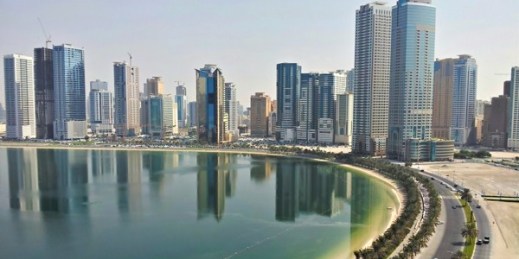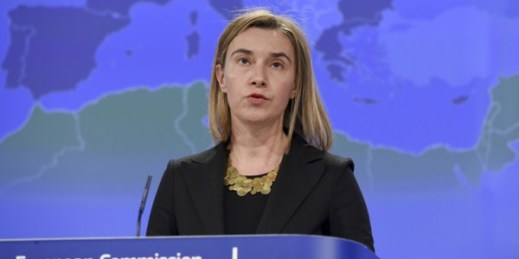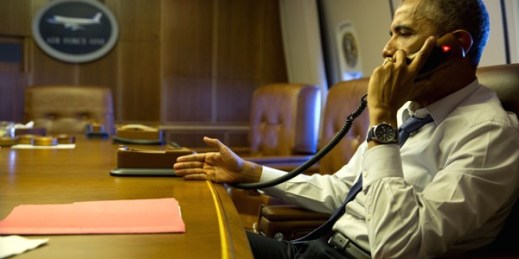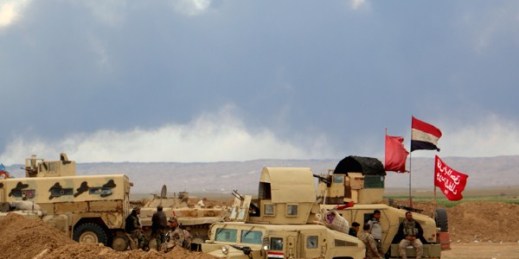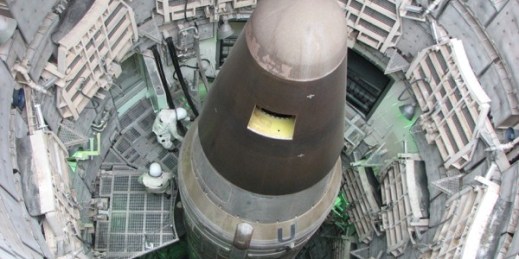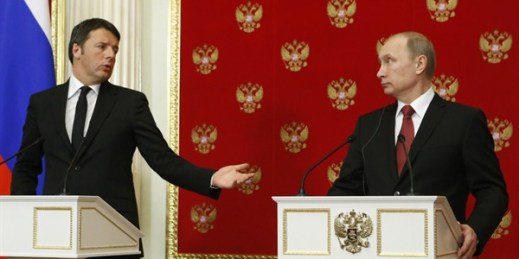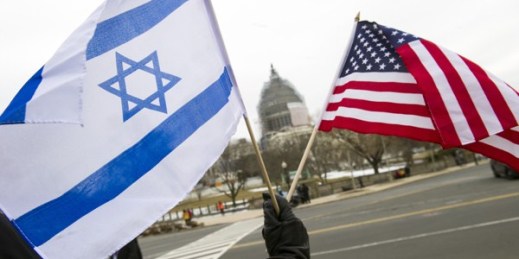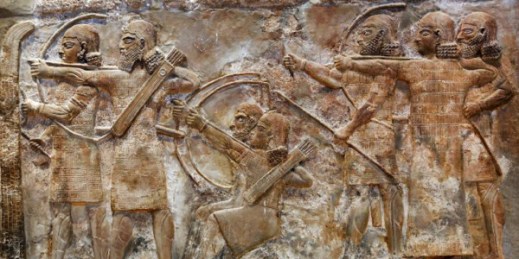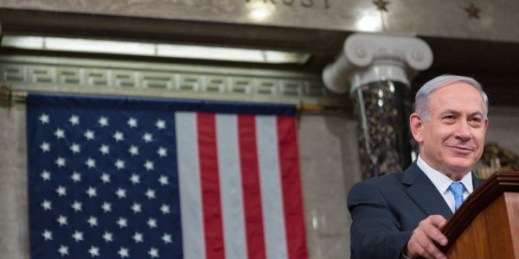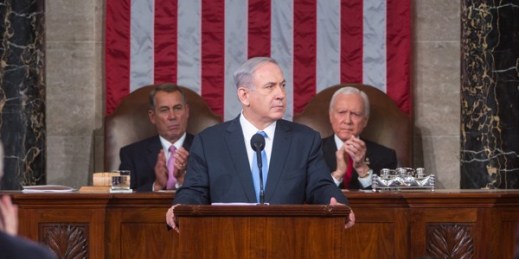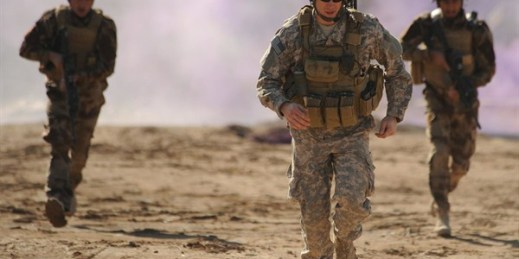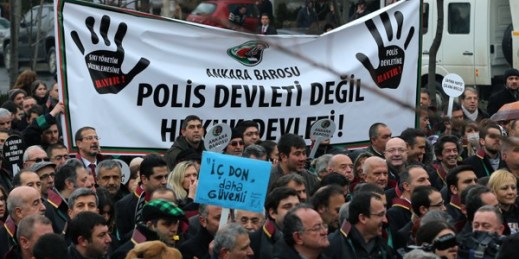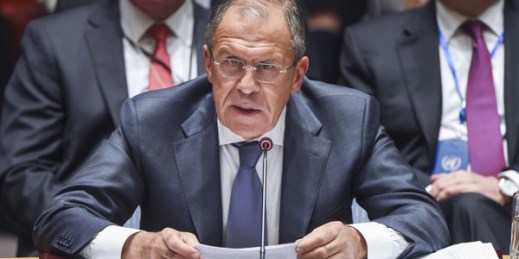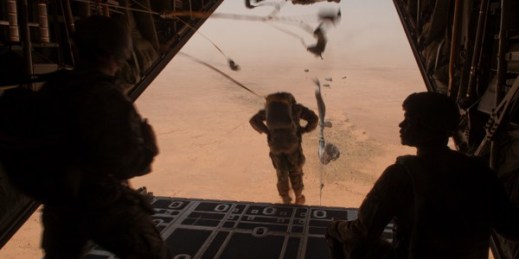
In the modern security environment, insurgency is the strategy of choice for violent extremists. Even so, the United States insists on clinging to an outdated concept of insurgency steeped more in the anti-colonial struggles of the Cold War than the fluid battlefields where movements like the self-declared Islamic State (IS), Boko Haram and the al-Qaida affiliates in the Arabian Peninsula and North Africa lurk. During the Cold War, the most dangerous insurgencies blended a leftist ideology with nationalism. This combination gave revolutionary insurgency its reach, appealing to more supporters and recruits than either leftism or nationalism alone could have done. […]

